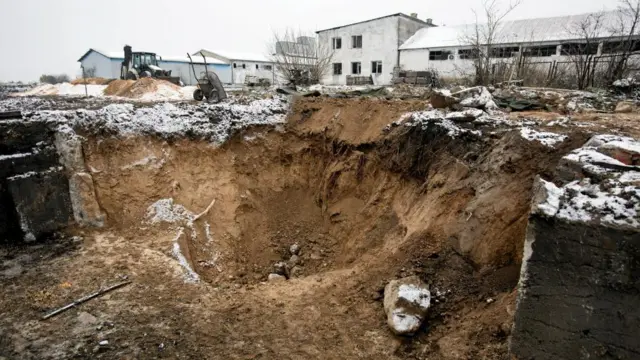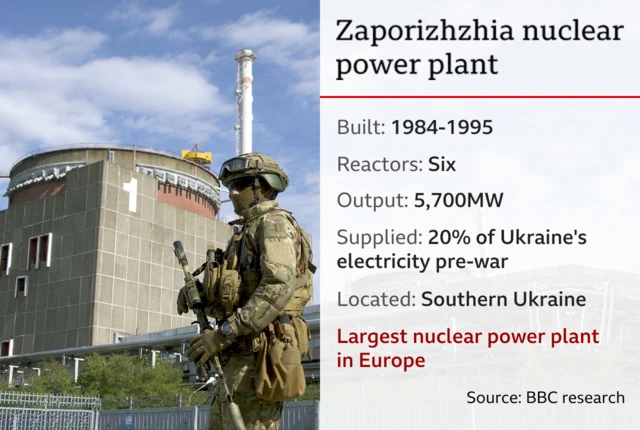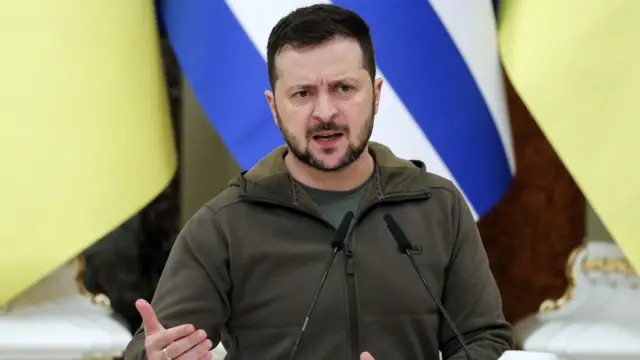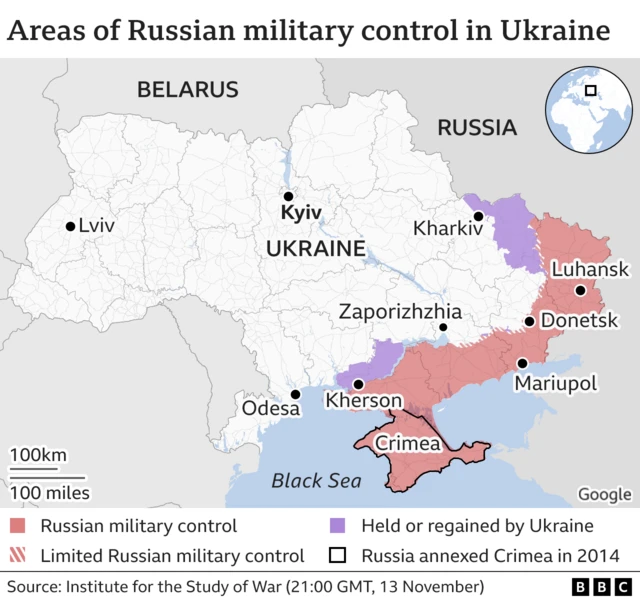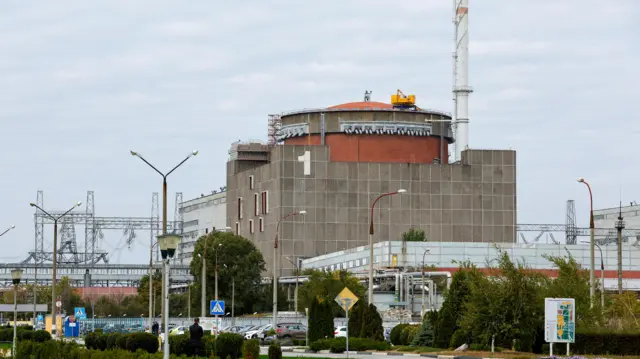Spanish training centre for Ukrainian troops to open this monthpublished at 11:28 GMT 21 November 2022
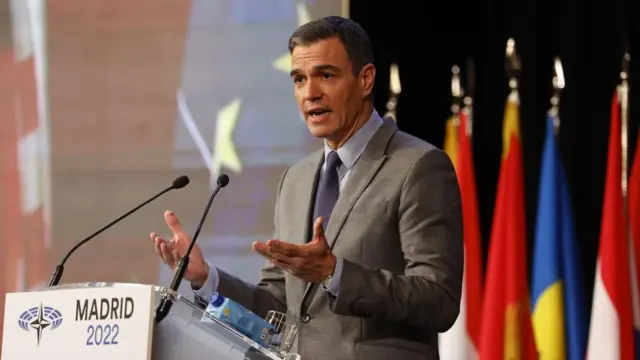 Image source, EPA
Image source, EPASpanish Prime Minister Pedro Sanchez made the announcement during the plenary session of the 68th Nato Parliamentary Assembly
A new training centre for Ukrainian troops in the central Spanish city of Toledo is set to start operating by the end of November, Spain's Prime Minister Pedro Sanchez told the Nato Parliamentary Assembly.
Spanish police will also be deployed to Ukraine in the next few weeks to aid investigations into alleged Russian war crimes, Sanchez said.
An advance delegation of Spanish police officials has already arrived in Kyiv to meet with representatives of the Ukrainian public prosecutor's office, the Spanish Interior Ministry said.
Speaking at Nato's 68th Parliamentary Assembly in Madrid, Sanchez warned Russian President Vladimir Putin to "leave Ukraine alone" and said that as long as his "absurd war" continues, allied countries will remain united alongside the Ukrainian government.

